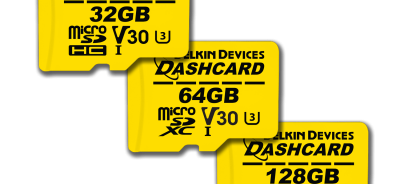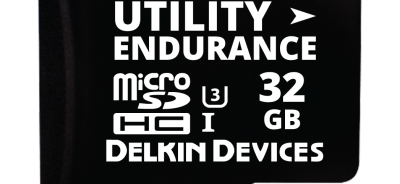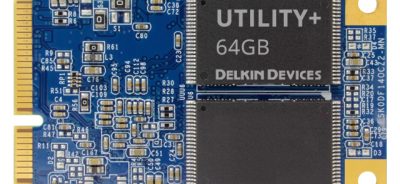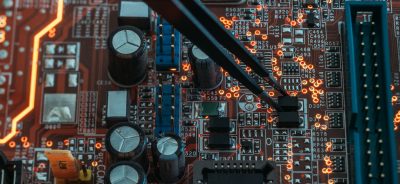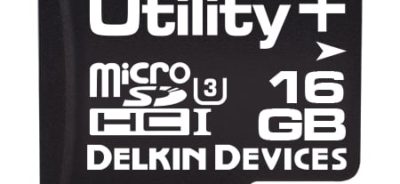Answering Questions About 2.5 SSD, M.2, & mSATA Technology
SATA SSDs are an enduringly popular legacy product for industrial users whose devices have SATA interfaces and who need the speed and security of a solid state drive (SSD). SATA SSDs have been particularly popular with SATA HDD users who want to make the leap to an SSD and reap the benefits of that technology. The 2.5” SATA SSD is the most popular size and is used in countless industrial applications. If you’re considering using industrial 2.5 SSD SATA, M.2, or mSATA technology in your device, here are the answers to some questions that may be on your mind.
What are the advantages of an SSD over an HDD?
SSDs have become more popular than HDDs, or hard disk drives, for many engineers and designers for multiple reasons. One of the most significant factors is the ubiquitous nature of the SATA interface. It’s a broadly adopted interface supporting numerous SSD form factors, making it a versatile choice for many industrial applications.
Another important factor is reliability. HDDs have moving disks that have to spin during operations. This increases the risk of a mechanical malfunction that could compromise data. SSDs don’t have any moving parts, which removes this risk. The lack of a disk also makes SSDs much faster than HDDs.
Although SSDs have a limited lifespan, the security advantages and speed make them a much better fit for most industrial applications than HDDs. Additionally, for industrial users, the lifecycle of SSDs can be managed. This means that switching to a new drive is less disruptive, thus alleviating a major concern about drive lifespan.
What about the speed?
Operations are significantly faster with SATA SSDs than with HDDs that use the same SATA interface. With SATA SSDs, making the switch between drive formats is straightforward. There is no need to make any adjustments to the connection or device design, which means you can get increased speeds without extensive testing and certification requirements. All SATA SSDs meet the strict design standards of the Serial ATA International Organization, or SATA-IO.
The exact speed you can get with a 2.5” SATA SSD, M.2 or mSATA SSD will depend on the generation of SATA your device uses. SATA SSDs are backwards-compatible, but their maximum speeds will be limited by the capabilities of older ports. The latest iteration of SATA—SATA 3.0—offers speeds of up to 6.0 Gb/s.
Are customizations available?
The key to getting the best use out of SATA SSDs is to work with a supplier that can meet your needs for customizations. At Delkin, we offer a wide range of options for customizing drives, including serial numbering, conformal coating, special packaging, and customized testing to understand exactly how the drive will behave in your application.
In addition to the customizations available for our 2.5 SSD SATA, M.2, and mSATA products, our drives come with industrial features. These include extended temperature ranges, lifecycle management, a locked BOM, and a high tolerance to vibration and shock.
If you are interested in a SATA SSD for your industrial device, choose Delkin. We specialize in industrial grade, ruggedized Flash storage that will endure in the conditions industrial applications demand. Our team will help you make the best selection for your specific needs. Contact us today for more information.
ORDER DELKIN INDUSTRIAL FLASH STORAGE TODAY through our distribution partner Newark.
For Europe Contact Our Partner Farnell
 Login
Login Register
Register



